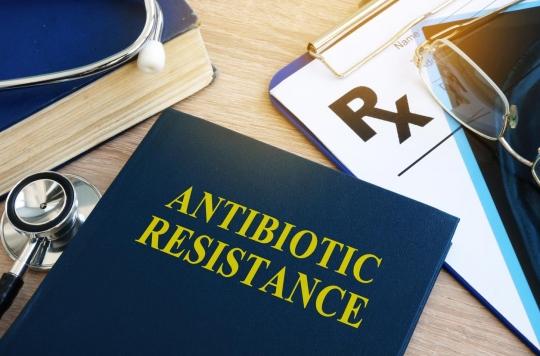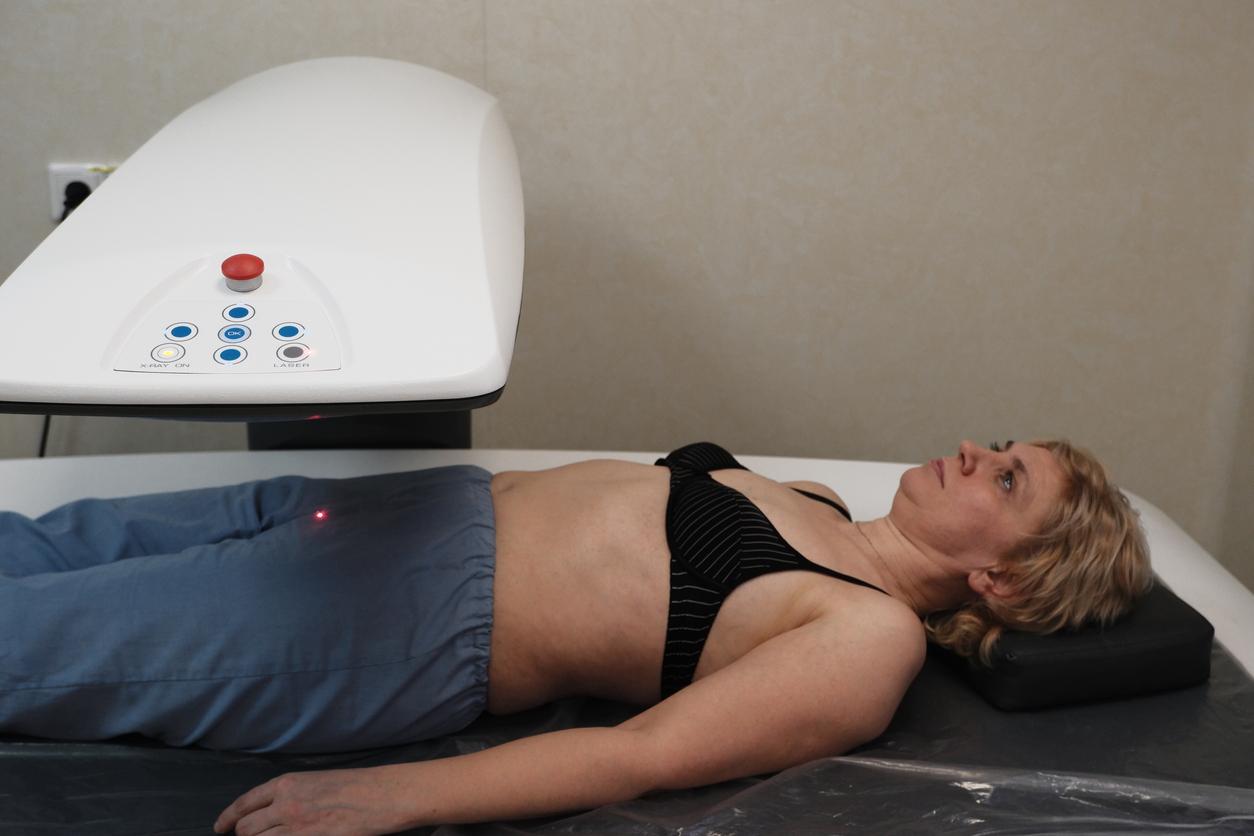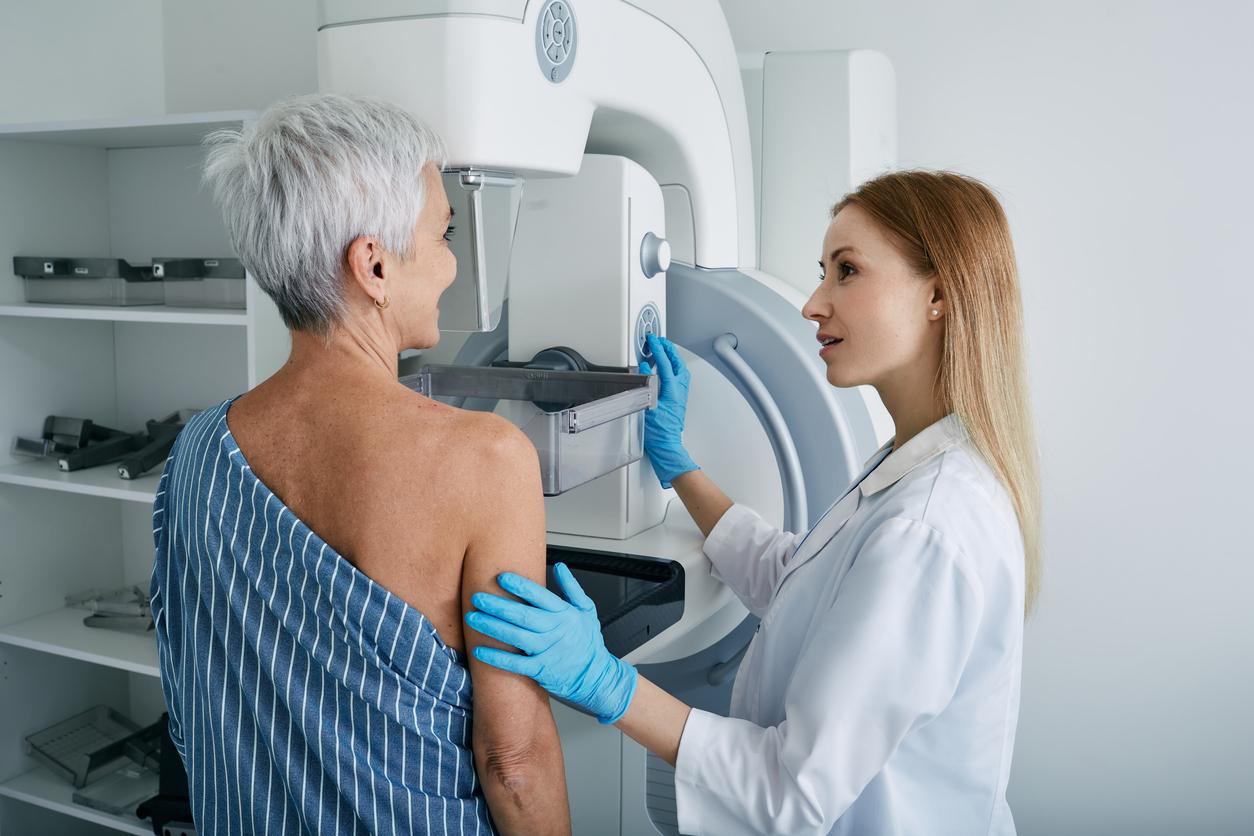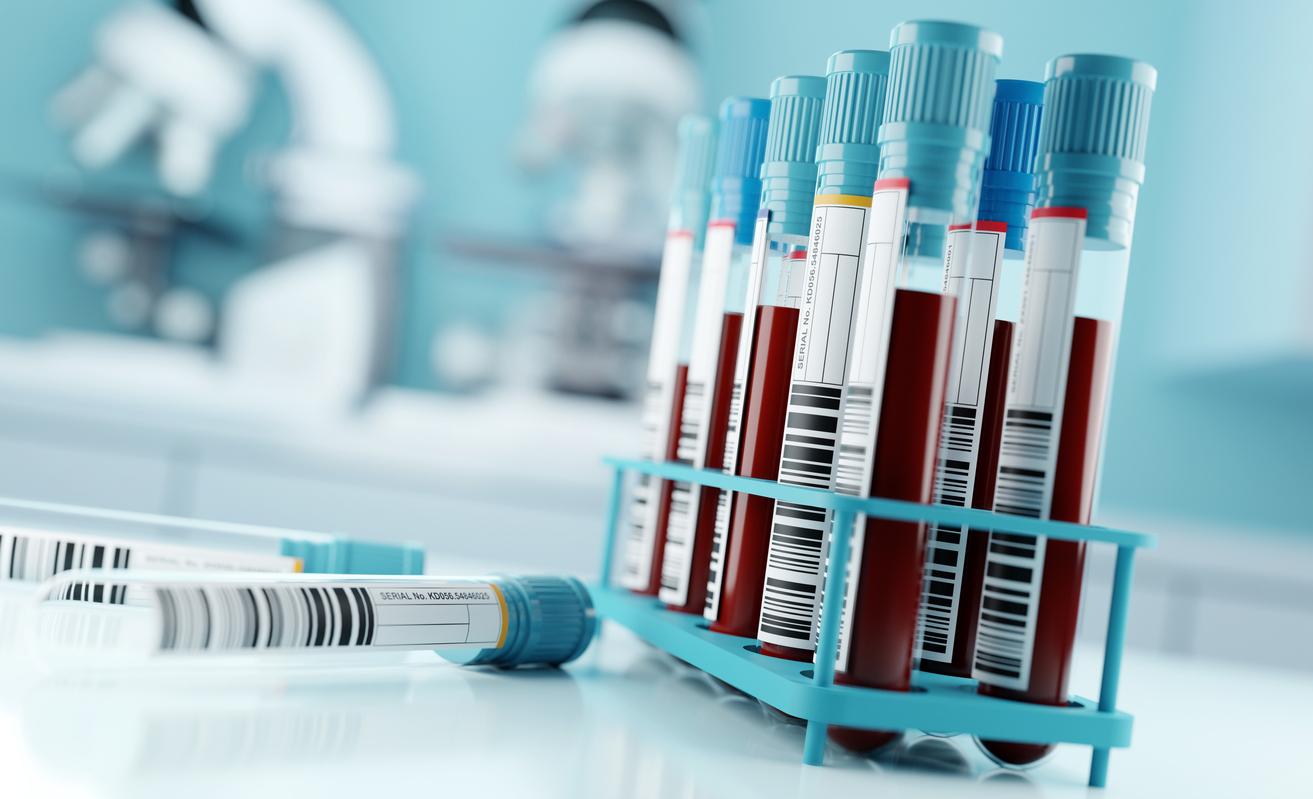As more and more bacteria are resistant to antibiotics, the High Council for Public Health is now encouraging hospitals to screen patients returning from a trip to a distant country.

“In a context of evolving epidemiology and knowledge of ultra-resistant bacteria (BHRe)”, the High Council for Public Health (HCSP) has updated on January 16 its recommendations. One of them concerns in particular people returning from a stay abroad of at least three months. “We are going to pass on this message: screening is important when the hygiene conditions of the trip suggest that exposure to highly resistant bacteria is possible”, explains Professor Didier Lepelletier, vice-president of the system commission of health and safety of HCSP patients in World in a report published Monday, January 27.
If the eyes of the whole world are now riveted on China, the origin of the coronavirus epidemichealth professionals have mainly India in mind, explains The world. Indeed, according to several studies, between 70 and 90% of tourists returning from this country are colonized by multi-resistant germs which they did not carry before departure. Even more worrying: most of them have neither visited hospitals nor taken antibiotics during their stay.
“Surveillance data from Public Health France show that a third of BHRe reports relate to patients residing or having traveled abroad without contact with local health systems. It is now possible to monitor hospitalized patients who have recently travelled. The risk analysis of these target patients must take into account several criteria including the type and duration of stays, the known epidemiology of the country visited and the nature of the contacts with the local population.“, notes the HCSP in its new report.
The spread of bacteria to vulnerable patients
However, according to a French study conducted on 824 travellers, three months after returning to France, less than 5% of people still harbor these resistant bacteria. What’s more, for most people, digestive colonization is asymptomatic. Also, if the risk is low in terms of symptoms, experts are mainly concerned about the spread of bacteria to other vulnerable patients.
India is of course not the only country at risk. Africa also has its share of highly resistant bacteria. At the Bichat hospital in Paris, approximately 75% of patients carrying these have a direct link with foreign countries, especially the Maghreb and sub-Saharan Africa. Each year, the establishment detects about fifty highly resistant bacteria while about ten patients develop an infection.
From now on, it will therefore be necessary to “identify patients at risk of being carriers as soon as they arrive: carriers of BHRe already known, contact patients at high risk (epidemic situation), patients with a link with foreign countries (Hospitalization/travel/stay in risk)“, indicates the HCSP. Thus, “the hospital information system must allow the identification of these patients at risk“.
Find alternatives to antibiotics
Given the isolation procedures required for patients carrying resistant bacteria and the additional costs that this entails, some hospitals refuse to take charge of them. On average, a person carrying a highly resistant bacterium therefore remains hospitalized 23 days longer than an average patient, recalls The world.
Among the deadliest resistant bacteria in European hospitals, Klebsiella pneumoniae. In 2015, it claimed the lives of 2,094 people on the continent, mainly because of the nosocomial infections it causes and against which drugs are powerless. This is why the World Health Organization (WHO) recently included it in the list of 12 bacteria against which it is necessary to find new antibiotics as soon as possible.
Faced with the growing scale of antibiotic resistance, many researchers are working to find alternatives. There is thus currently a renewed interest in bacteriophages, viruses that are ubiquitous throughout the biosphere and infect bacteria. More and more research is therefore being carried out to understand the composition of the human microbiome, a colossal task, given that it is specific to each individual.
While waiting for scientists to come to the end of this titanic task, governments are trying to sensitize their citizens to reduce their consumption of antibiotics. In Europe, the results are starting to pay off, especially in France where, according to the latest report from Public Health France, it fell slightly in 2017, especially among young people.
.

















